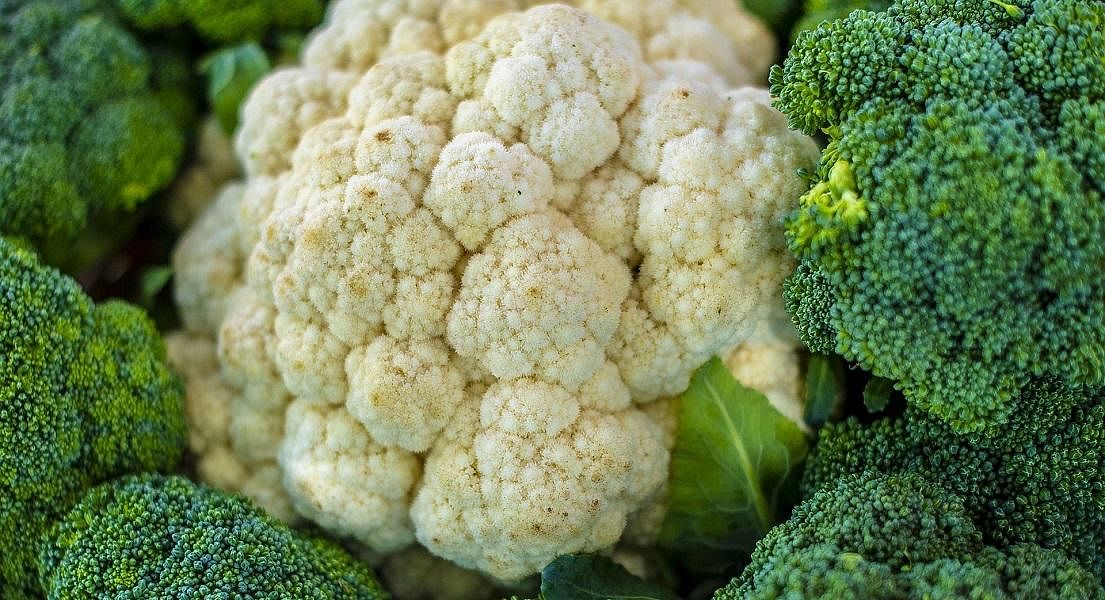Why You Need to Carefully Consider Your Dietary Choline Intake…
Why you can trust Nutri Advanced Every article on our site is researched thoroughly by our team of highly qualified nutritionists. Find out more about our editorial process.
Choline is an essential nutrient that cannot be produced in the body in amounts sufficient to meet human requirements, it must therefore be supplied through the diet. Choline is needed for many critical physiological functions in the body, including vital roles in foetal development, and in the brain, neurotransmitter synthesis, cell membranes, nerves, blood, liver, methylation and mitochondria. Choline deficiency is linked to liver disease, offspring cognitive function and possible neurological disorders. Optimal choline intake is particularly crucial during pregnancy and lactation.1
Choline – EFSA AI thresholds
Whilst there are currently no official recommendations on choline requirements in the UK, in Europe it has been found that average choline intakes are below Adequate Intake (AI) thresholds set by the US Institute of Medicine and the EFSA (European Food Safety Authority).2 In 2016 the EFSA set AIs for choline at 400 mg / day for all adults, with higher intakes of 480 and 520 mg / day set for pregnancy and lactation respectively.
Genetic polymorphisms alter choline requirements
These AI thresholds do not take into account however, genetic polymorphisms which are known to affect individual choline requirements.3 Low oestrogen status may also increase requirements. This is because oestrogen catalyses phosphatidylcholine conversion to choline via the PEMT (phosphatidylethanolamine-N-methyltransferase) enzyme.
Dietary choline
Good dietary sources of choline include eggs, meat, liver, fish, lecithin, soy, milk/whey, cruciferous vegetables, split peas and flaxseeds. Most diets simply do not provide adequate choline to meet overall health requirements. For example, you need to eat 4 egg yolks to get 550mg choline.
What about TMAO?
Some researchers believe that TMAO (tri-methylamine-N-oxide), generated in the gut from choline, may contribute to heart disease and are therefore wary about recommending increased intake of dietary or supplemental choline. The TMAO / choline hypothesis is a complicated one however, and currently there are strong views on both sides of the fence. It’s not straightforward and you can read more about this here.
New research links low choline with NAFLD
A new study published in October 2019 in the Journal of the American College of Nutrition found a reverse significant association between choline intake and risk of non-alcoholic fatty liver disease (NAFLD).4 BMI was also found to mediate this relationship; changes in FLI (fatty liver index) in relation to choline consumption, were more pronounced in study participants with a higher BMI.
In the study, researchers used the National Health and Nutrition Examination Survey (NHANES) to obtain data on choline intake and liver function biomarkers. Data from 20,643 participants was included in the study. Researchers found that participants in the highest quartile (Q4) of choline intake had a 14% lower risk of NAFLD compared with those in the first quartile (Q1). And the link was found to be even stronger for post-menopausal women; women in Q4 had a 26% lower risk of NAFLD compared with those in Q1. In addition, BMI strongly moderated the link between FLI and choline intake.
Clearly the story on choline is complex, we do know however that average dietary intakes of this crucial nutrient are likely too low to fully support the body’s requirements. Choline is a nutrient that is often overlooked and yet needs to be considered within the wider context of supporting optimal health.
References:
1. Wiedeman A, Barr S et al. Dietary choline intake: current state of knowledge across the life cycle. Nutrients2018; 10:1513
2. European Food Safety Authority. Dietary reference values for choline. EFSA Panel on Dietetic Products, Nutrition and Allergies (NDA) EFSA Journal 2016;14
3. Ganz AB, Klatt KC et al. Common genetic variants alter metabolism and influence dietary choline requirements. Nutrients. 2017, 9(8), 837
4. Mazidi M, Katsiki N et al. Adiposity may moderate the link between choline intake and non-alcoholic liver disease (NAFLD). J Am Coll Nutr. 2019 Sep-Oct; 38(7): 633-639.
This website and its content is copyright of Nutri Advanced ©. All rights reserved. See our terms & conditions for more detail.
Nutri Advanced has a thorough research process and for any references included, each source is scrutinised beforehand. We aim to use the highest value source where possible, referencing peer-reviewed journals and official guidelines in the first instance before alternatives. You can learn more about how we ensure our content is accurate at time of publication on our editorial policy.
Most Popular Articles
-
7 Surprising Ways To Support Your Magnesium
If you are displaying signs of a magnesium deficiency, here are 7 ways to boost your magnesium levels that are easy to incorporate into your daily life. -
5 Best Vitamin C Supplements Picked By Our Experts
Learn more about the different types of vitamin C, the different benefits you get from different types, and what you get for spending more on a good supplement. -
Top 5 Vitamins For Energy And Tiredness Picked By Our Experts
The 5 best and most important vitamins for energy & tiredness including B vitamin food sources & best supplement forms for energy. -
Benefits of Myo-Inositol for Polycystic Ovary Syndrome (PCOS)
In this research review article, we take a closer look at a lesser-known natural compound called myo-inositol that has been found to have significant potential to improve many of the prevalent features of PCOS. -
Top 10 Reasons to Give Your Kids Omega-3
Read the top 10 reasons that kids should have plenty of Omega-3- an essential fatty acid- including for depression, brain function, sleep & reading/maths skills.






